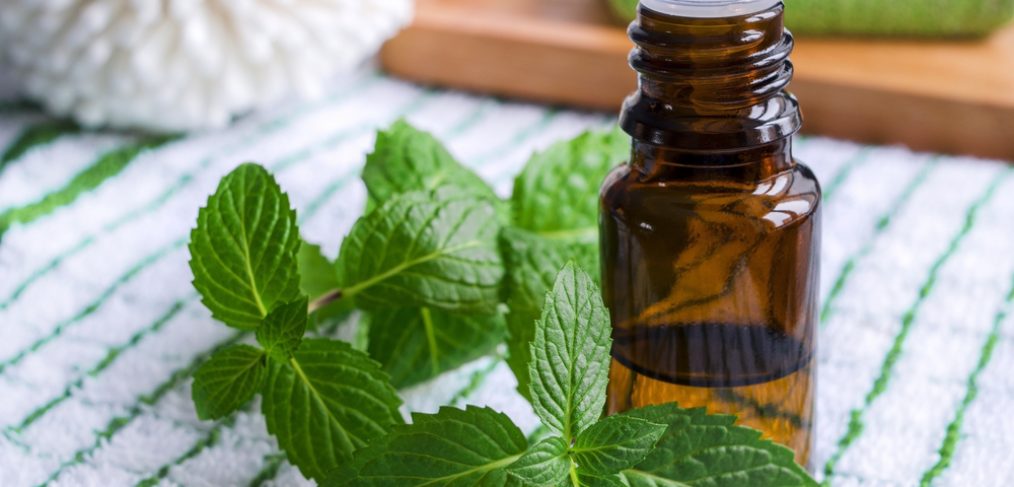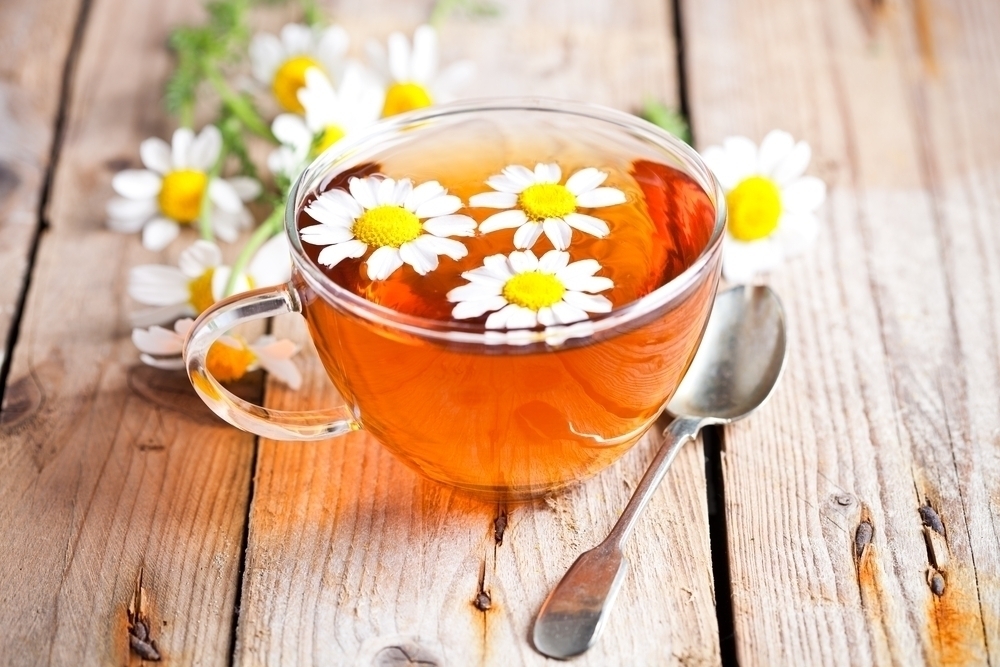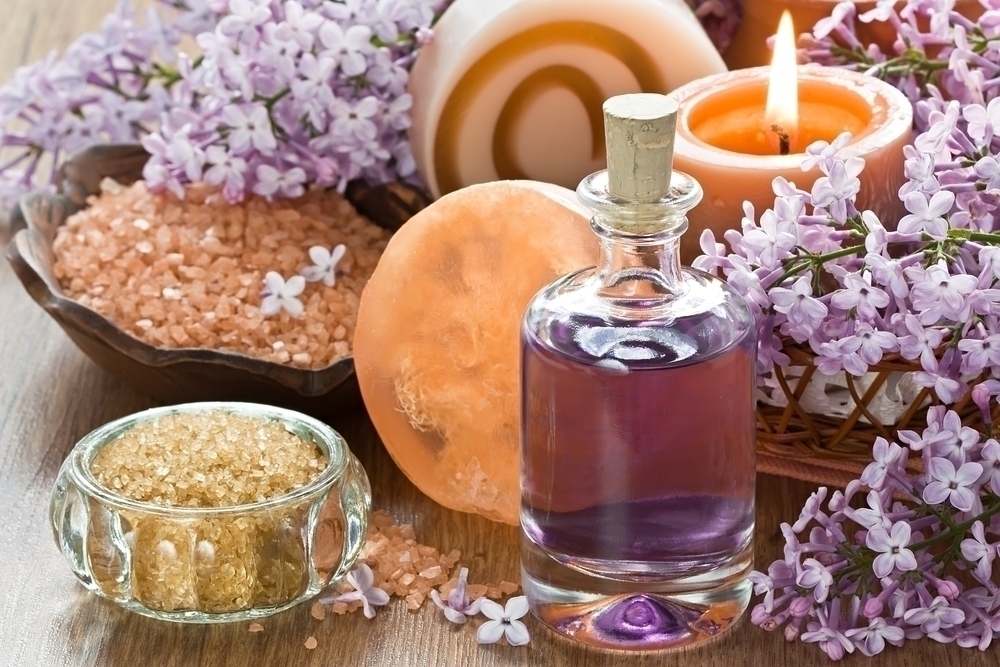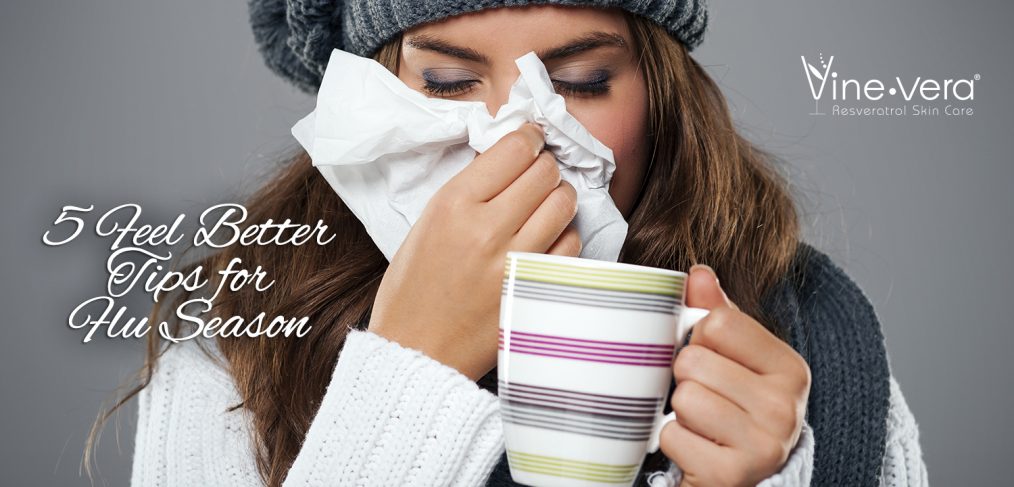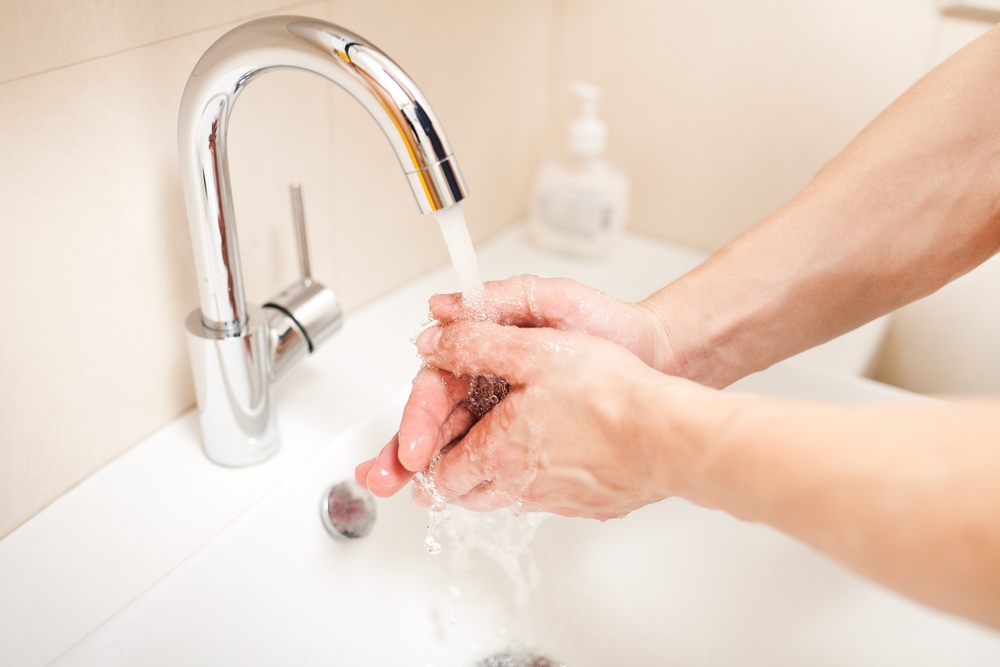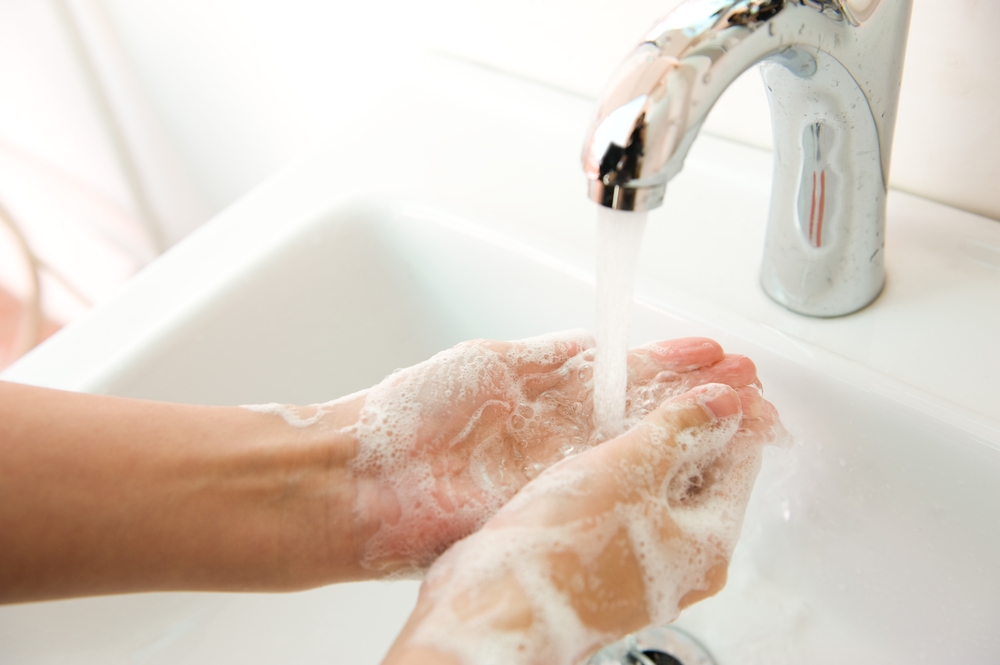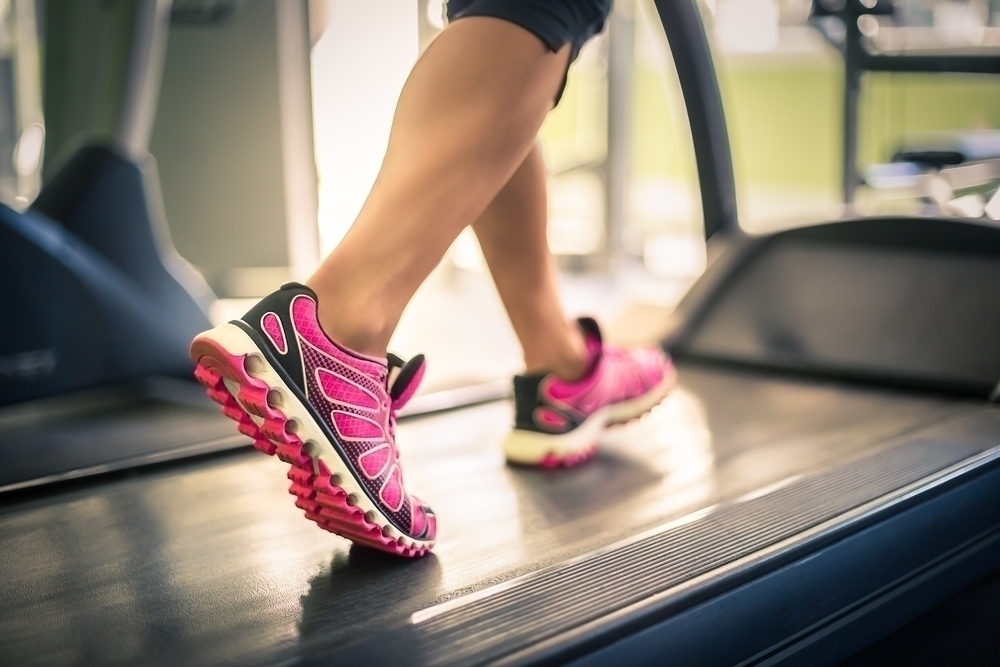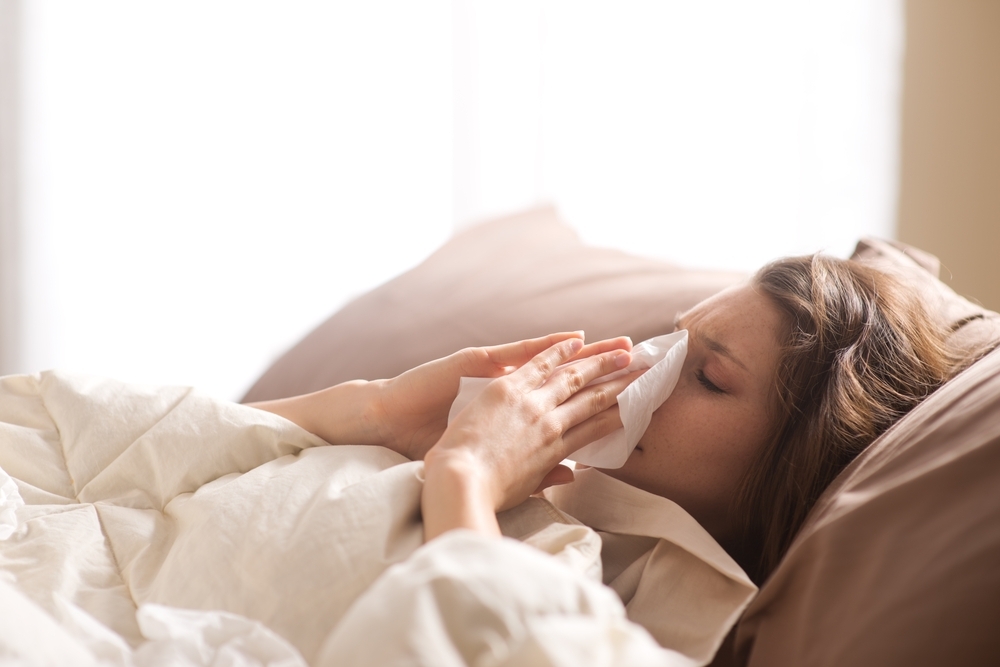For centuries, essential oils have been used for a large variety of cosmetic and medicinal purposes. Knowing which essential oils to use for your specific concerns can be a bit overwhelming if you’ve never tried them before. Here, we’ve listed our top three essential oils that are perfect if you’re looking to learn more about how essential oils can benefit your overall health.
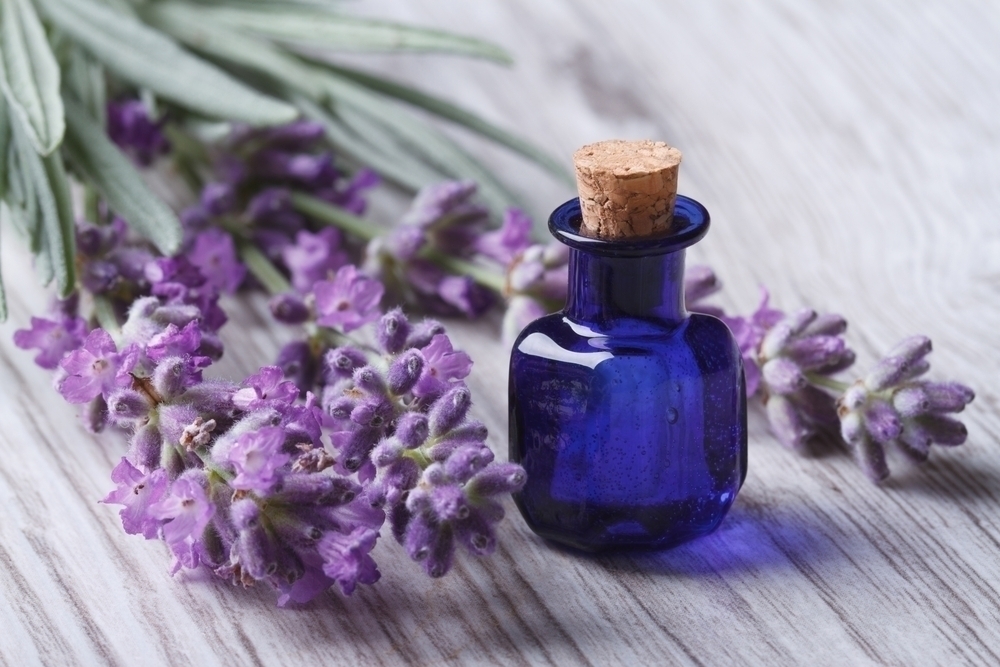
Lavender
Lavender is one of the most widely used essential oils and rightly so because it is a versatile essential oil. Perhaps the most frequent use of lavender essential oil is to soothe emotional stress and increase feelings of relaxation. Lavender can help to release nervous tension, and relieve symptoms of depression. Physically, lavender helps to reduce inflammation in your body and can help alleviate headaches or migraines. Lavender is one of the essential oils that can be used safely on your skin and a few drops on your wrist or the nape of your neck may help to soothe you and eliminate headaches. If you have difficulty sleeping, add a few drops of lavender essential oil to a spray bottle filled with water. Mist lightly on your pillow before going to bed.
Peppermint
Peppermint is another hugely versatile essential oil providing benefits that range from headache and nausea relief to stimulating alertness. Stomach related uses for peppermint oil include relieving an upset stomach or indigestion, reducing motion sickness and even helping to curb your appetite. If your stomach is upset, try rubbing a few drops of peppermint oil onto your abdomen or dab onto your wrists. Simply inhaling peppermint oil’s scent can help you feel more full, but you can also place a bit on your wrists or a tiny (seriously an itty bitty drop) right under your nose before eating. Peppermint oil is also used to treat stress; place a few drops in a diffuser and feel the tension melt away. Another incredibly common use of peppermint oil is to eliminate headaches and stimulate energy. Place a few drops on the nape of your neck to take care of your headache and re-energize yourself.
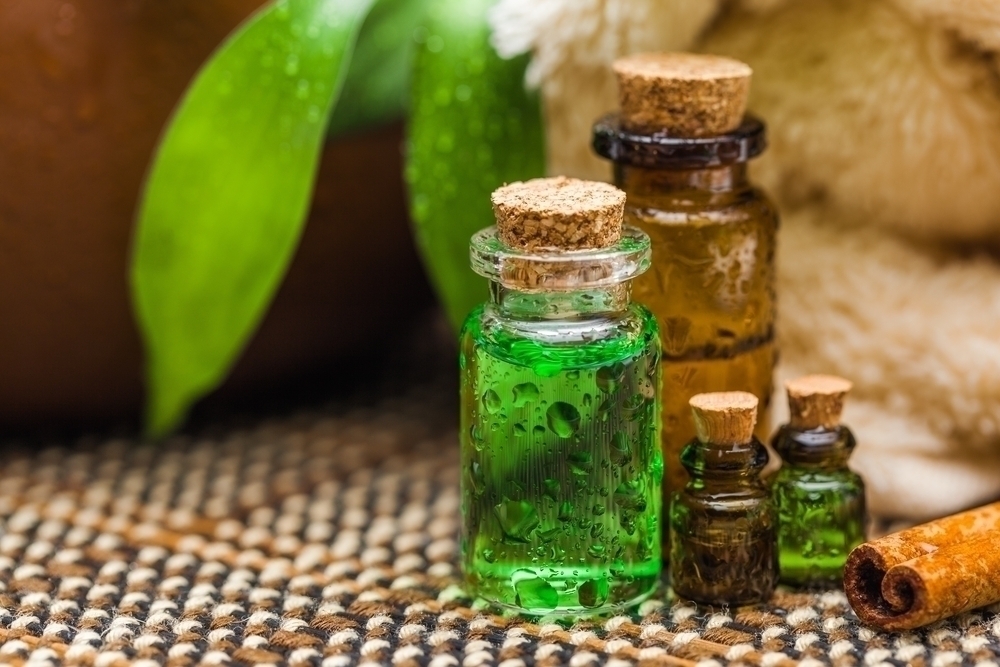
Tea Tree
Tea tree is not an essential oil that is commonly associated with aromatherapy, but it has incredible benefits. This essential oil is used frequently to treat skin problems such as blemishes, dandruff, athlete’s foot and minor cuts, scrapes and burns. While some can tolerate this oil directly on the skin without dilution, it’s generally recommended to add a few drops of tea tree oil to water or a carrier oil (such as jojoba or sweet almond oil) before applying to your skin. Once you have diluted the tea tree oil, rub onto cuts, massage into scalp or apply on blemishes. You can also add a few drops to your shampoo to receive anti-dandruff benefits without having to purchase an entirely new shampoo. A mixture of tea tree oil and water in a spray bottle is also a great way to sanitize beauty products such as tweezers or makeup brushes due to the antibacterial properties in tea tree oil.
It is important to note that while many essential oils are considered safe for skin, some like tea tree or bergamot may burn skin. Always do a patch test on skin before using an essential oil topically to be sure you won’t have a negative reaction. Other ways to use essential oils include diffusers, sprays or simply opening a bottle and inhaling. Our lifestyle partner, 21 Drops, offers custom essential oil blends to keep you energized, calm, happy and healthy.



